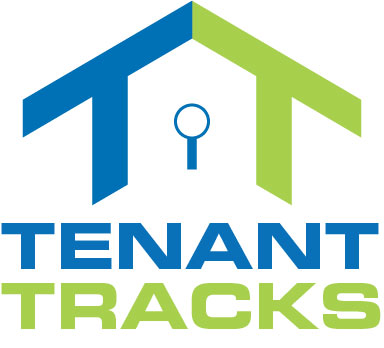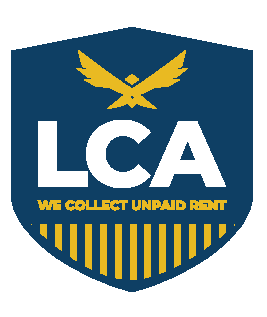When new landlords in Connecticut run the numbers on a potential rental property, they often focus on the most obvious costs: the mortgage, property taxes, and insurance. While these are significant, they represent only a portion of the true financial picture. The most successful landlords understand and budget for the “hidden costs” that can erode profitability and create financial surprises.
By failing to account for these expenses, you risk underestimating your expenses, overestimating your profits, and being unprepared for the inevitable challenges of property ownership.
1. The True Cost of Tenant Turnover
On paper, a vacant unit may look like a temporary loss of income, but the reality is much more complex and expensive. Tenant turnover is one of the most significant hidden costs in property management. The national average cost of a turnover can be equivalent to one to three months’ rent, and it includes a number of individual expenses:
- Lost Rent (Vacancy Costs): The most obvious cost is the loss of income for every day the unit is vacant. Even when a unit is empty, you are still paying the mortgage, taxes, and insurance.
- Marketing and Advertising: The cost of professional photography, online listings, and advertising to attract new tenants.
- Cleaning and Repairs: The deep cleaning, painting, and minor repairs needed to make the unit “rent-ready” for a new tenant.
- Leasing Fees: If you use a real estate agent or property manager to find a new tenant, a leasing fee—often a full month’s rent—is a significant expense.
A proactive approach to tenant retention, which includes responsive maintenance and a positive landlord-tenant relationship, is often far more cost-effective than finding a new tenant.
2. Underbudgeted Maintenance and Capital Expenditures
Landlords often budget for minor repairs but fail to account for the larger, less frequent expenses that are part of property ownership. This includes:
- Deferred Maintenance: Delaying small repairs can lead to larger, more expensive problems down the line. A small roof leak, if ignored, can become a major structural issue.
- Emergency Repairs: A burst pipe in the middle of a Connecticut winter or a sudden HVAC failure requires immediate attention and can come with a premium price tag for after-hours service.
- Capital Expenditures: These are major replacements or upgrades that extend the life of the property, such as a new roof, furnace, or siding. These are not routine repairs and should be planned for with a dedicated maintenance reserve fund. A good rule of thumb is to set aside at least 1-2% of the property’s value annually for these reserves.
3. Unforeseen Legal and Administrative Fees
While a well-managed property might not require legal intervention, every landlord should be prepared for potential legal costs.
- Eviction Costs: An uncontested eviction in Connecticut can still incur hundreds of dollars in court filing fees and service fees for a state marshal. A contested eviction can quickly escalate, with attorney fees that can run into the thousands.
- Security Deposit Disputes: Connecticut law is very specific about how security deposits must be handled. Failure to comply can result in lawsuits for damages and legal fees, even if the tenant is in the wrong.
- Fair Housing Claims: As previously discussed, even an unintentional fair housing violation can lead to costly and time-consuming litigation, regardless of the outcome.
4. The Cost of Self-Management
While managing a property yourself may seem “free,” your time has a value. The hours spent screening tenants, collecting rent, coordinating repairs, and handling paperwork are all costs that an investor must consider. If your time is better spent growing your portfolio or in your primary career, the cost of a professional property manager might be a wise investment. Fees for property management in Connecticut typically range from 8-12% of the monthly rent, but they can save you time, legal risk, and money in the long run.
By acknowledging and proactively budgeting for these hidden costs, landlords can build a more resilient and profitable rental business. Ignoring them is not a form of savings; it is a financial gamble.








